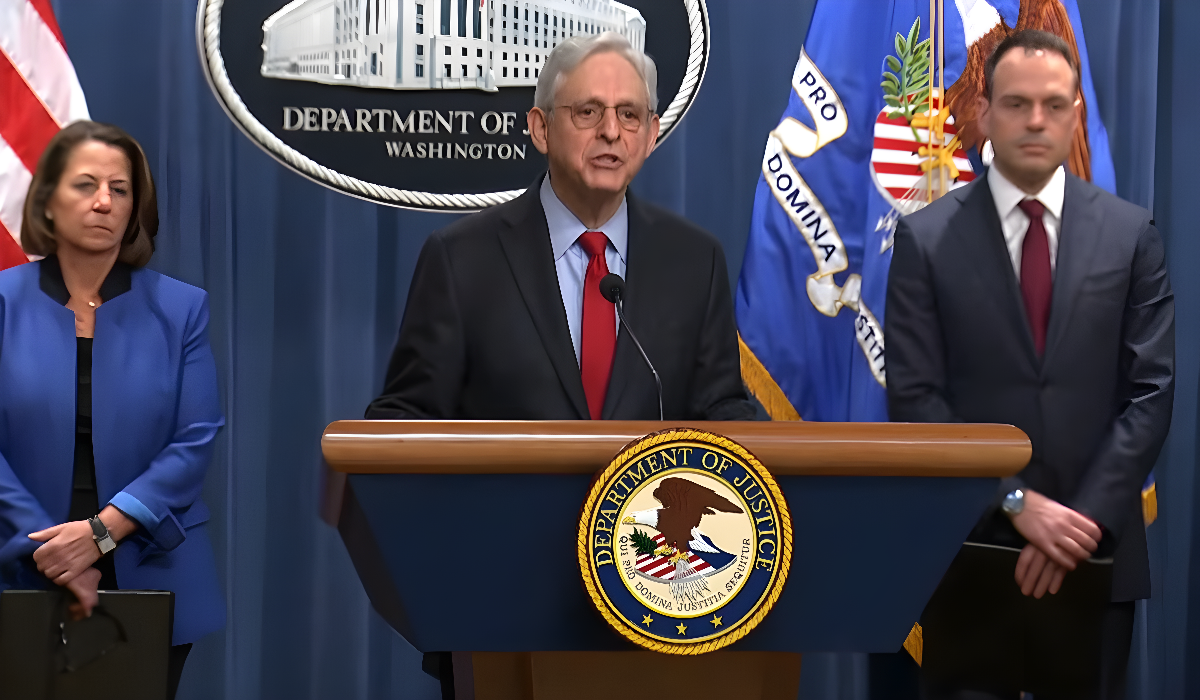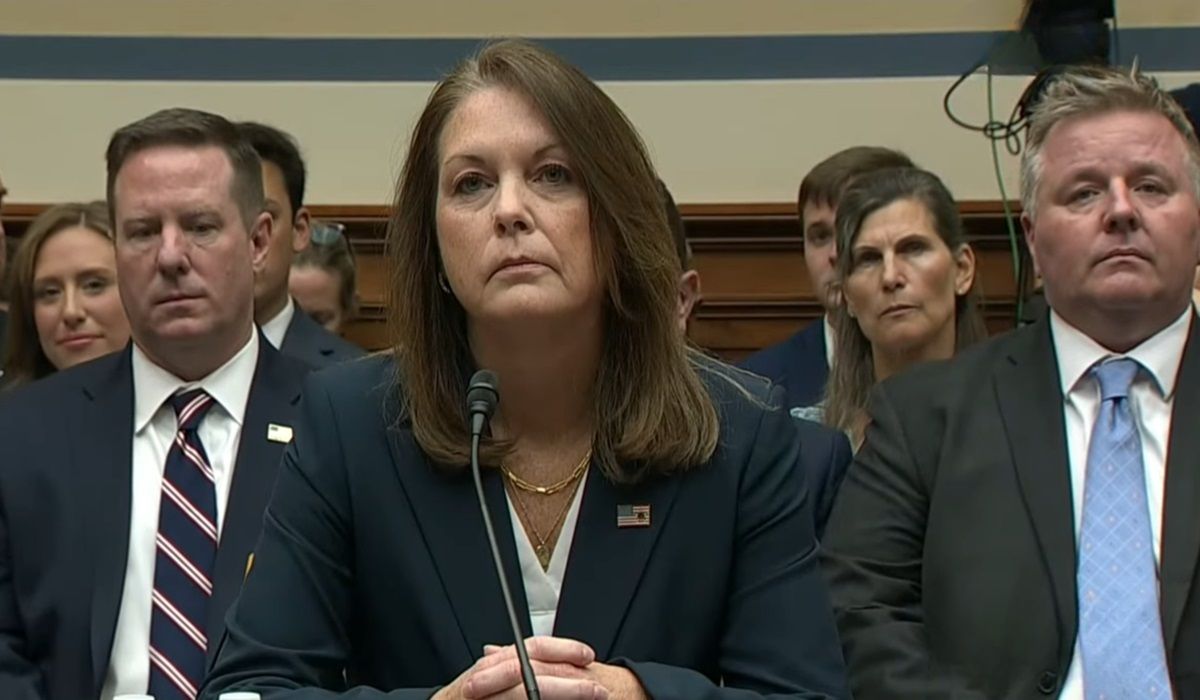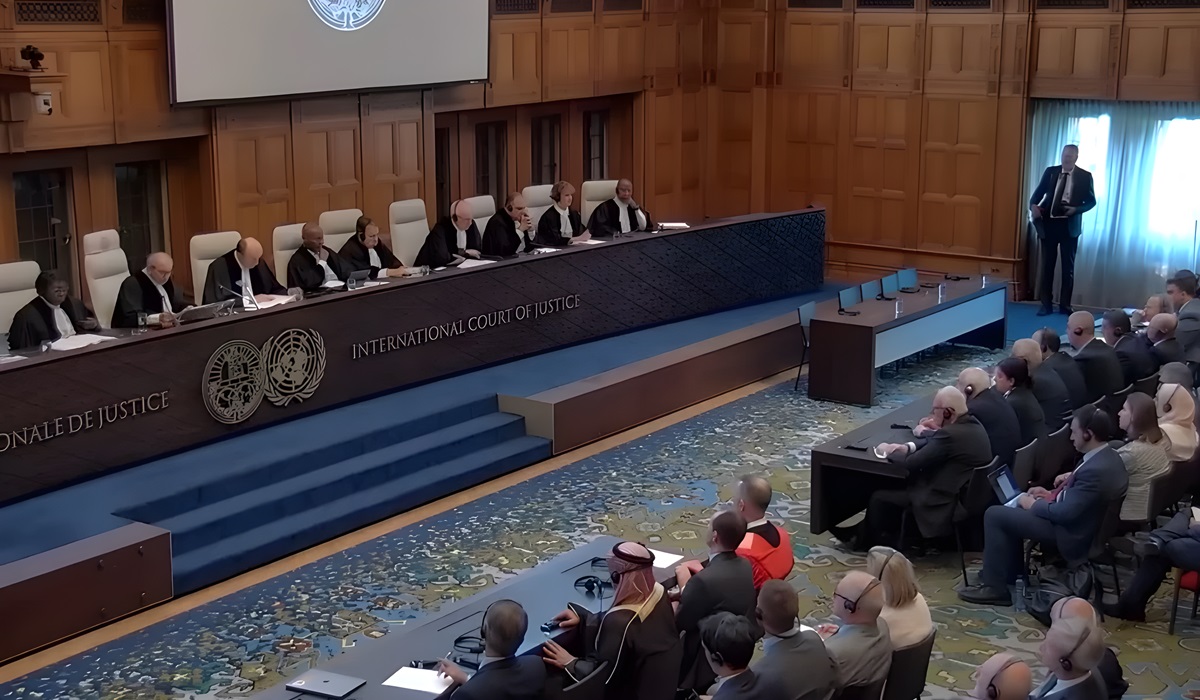In a significant move earlier today, the Department of Justice, along with 15 states and the District of Columbia, took legal action against tech giant Apple. The lawsuit, filed in the US District Court for the District of New Jersey, alleges that Apple has violated Section 2 of the Sherman Antitrust Act.
Over the past two decades, Apple has ascended to become one of the most financially formidable companies globally. Its net income now surpasses the GDP of numerous countries, a feat largely attributed to the unparalleled success of the iPhone, the company’s flagship product. For over a decade, iPhone sales have dominated Apple’s annual revenue, with the device commanding a significant share of the US smartphone market.
However, the Department of Justice asserts that Apple’s success has not been solely due to fair competition and superior products but also through unlawful monopolistic practices. Attorney General Merrick Garland highlighted concerns that Apple’s actions have led to fewer choices, higher prices, and stifled innovation in the smartphone market, harming both consumers and developers.
The lawsuit alleges that Apple has wielded its monopoly power by imposing restrictive contractual terms and fees on developers, limiting the features and functionality they can offer users. Additionally, Apple has selectively restricted access to essential points of connection between third-party apps and its operating system, degrading the functionality of non-Apple apps and accessories.
One of the key issues raised in the complaint is Apple’s imposition of a 30% commission on app downloads and in-app purchases through its App Store—a practice that has affected companies of all sizes. Furthermore, Apple’s conduct has hindered the emergence of competing products, such as cloud streaming apps and digital wallets, which could reduce dependence on its ecosystem.
The lawsuit also addresses Apple’s deliberate efforts to impede cross-platform messaging, resulting in a degraded experience for users communicating with non-Apple device owners. By intentionally limiting functionality, Apple has perpetuated the perception of rival smartphones as inferior, despite being the architect of these limitations.
Apple’s dominance in the smartphone market has raised concerns about its ability to control prices and exclude competition—a situation deemed antithetical to free and fair markets. Attorney General Garland emphasized the Department of Justice’s commitment to enforcing antitrust laws to protect consumers from inflated prices and limited choices.
The lawsuit underscores the importance of preserving competition and innovation in the tech industry. If left unchallenged, Apple’s unchecked monopoly power could further entrench its dominance, potentially harming consumers and stifling innovation.
In closing, Attorney General Garland expressed gratitude to the attorneys and staff of the Department of Justice’s Antitrust Division for their dedication in pursuing this case on behalf of the American people. The Department remains steadfast in its mission to uphold the rule of law and safeguard consumer interests in the face of anticompetitive behavior.
As the legal proceedings unfold, the outcome of this landmark case against Apple will undoubtedly have far-reaching implications for the tech industry and consumers alike.









